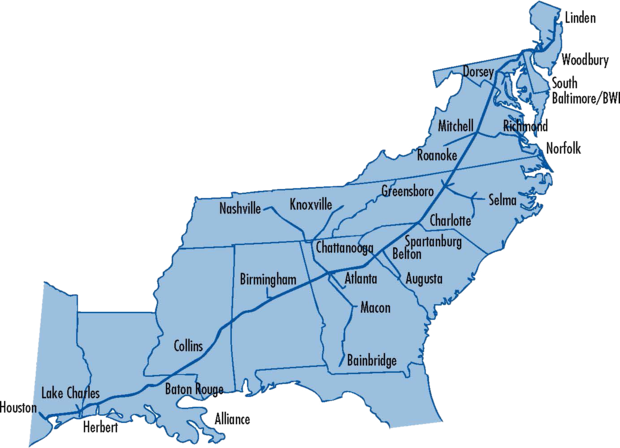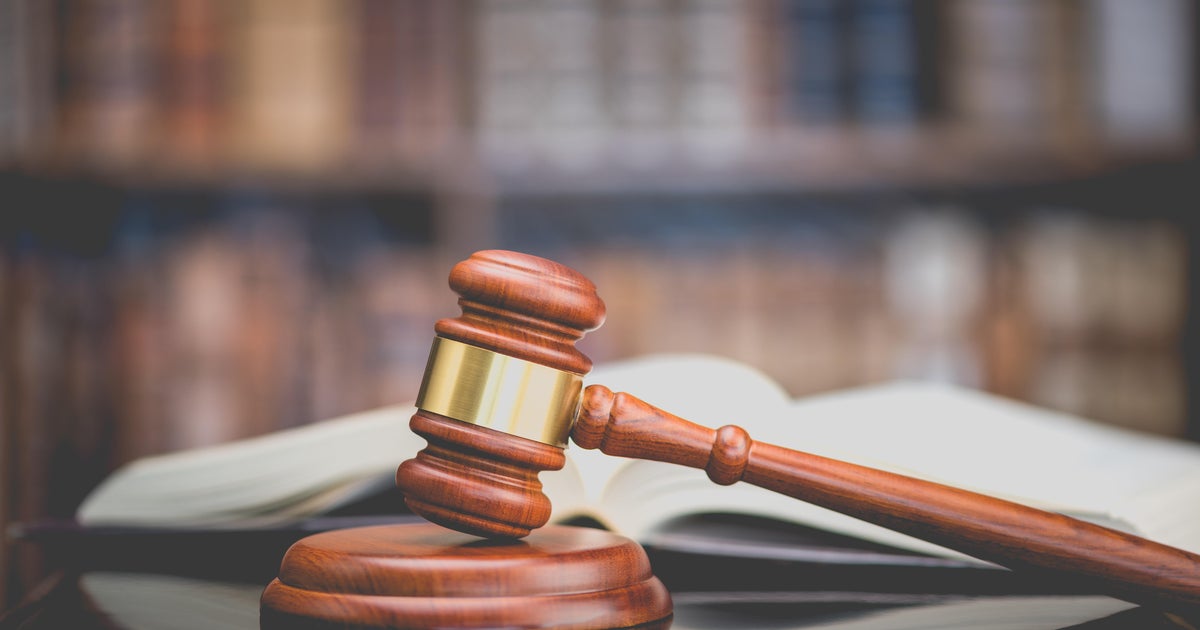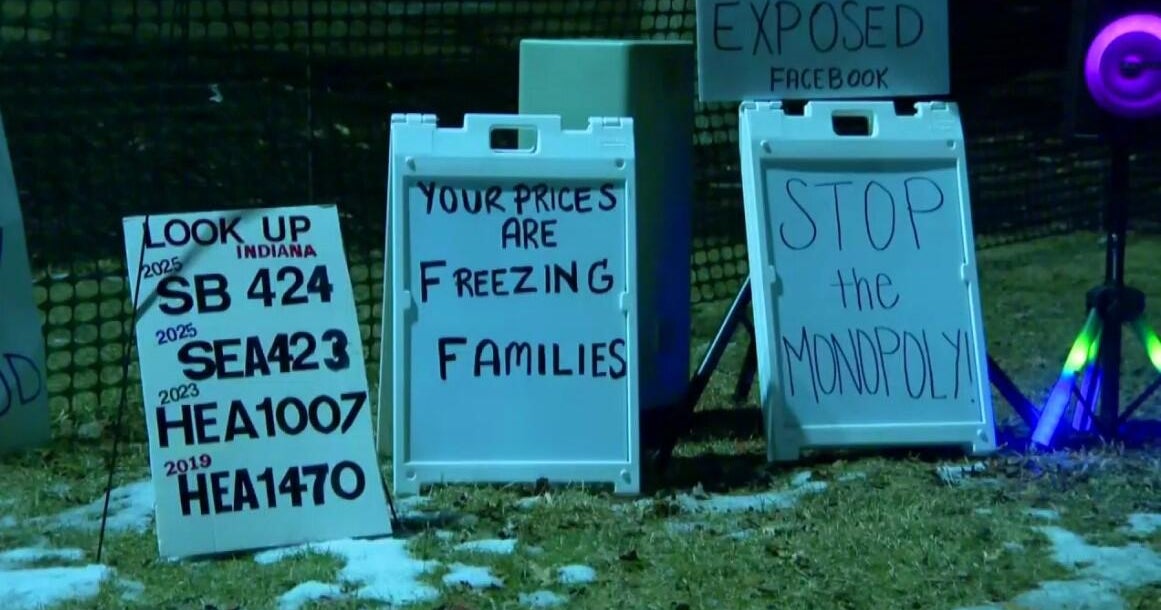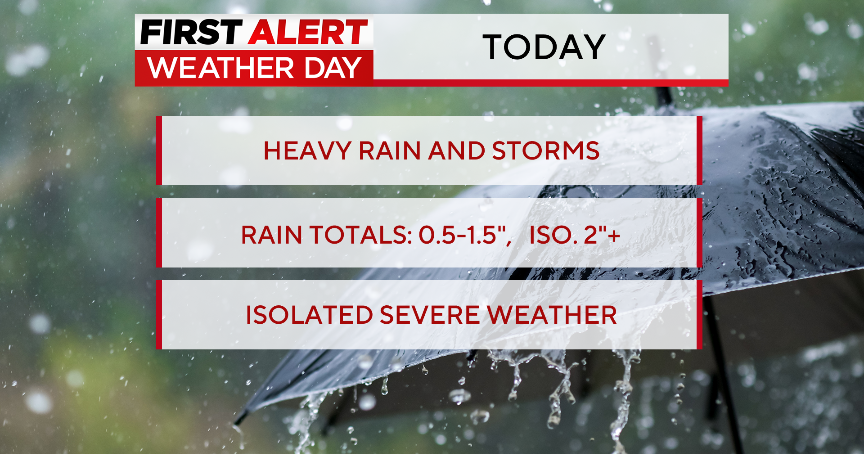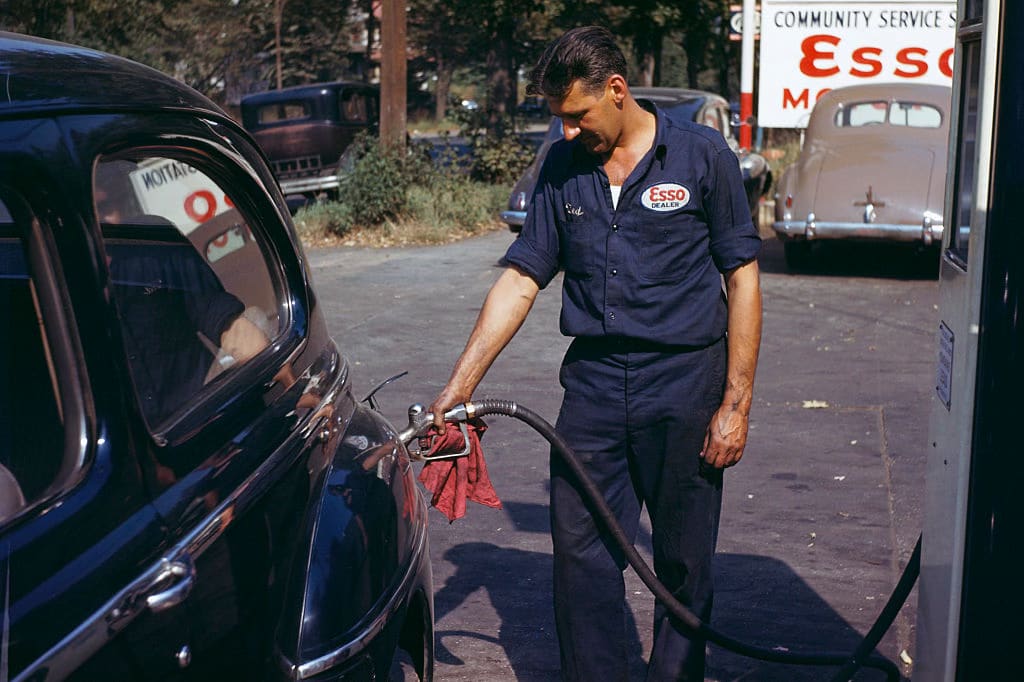Gas shortages in Texas as Harvey knocks out refineries
Drivers in northern Texas are rushing to fill up their gas tanks as prices at the pump in the area rise and some stations run out of fuel altogether as Harvey continues to wreak havoc.
QuikTrip, a chain with 135 gas stations in the Dallas-Fort Worth area, is keeping about half of them without gas, said spokesman Mike Thornbrugh. "Our experience has been, if you try to keep every store full… you'll run out," he told CBS Dallas-Fort Worth. Strategically closing stations can help sustain supplies in different parts of the city, according to the company. QuikTrip maintains a list of stations that have gasoline available on its website.
Around Dallas, pumps at several service stations in places like Denton, McKinney and Little Elm are seeing gas shortages, leading customers to scramble.
"We heard there was going to be a shortage," one driver told CBS Dallas-Fort Worth. "So we hopped in the car and came and filled up." A driver in Denton, northwest of Dallas, tweeted a photo of a line at the gas pump.
In downtown Dallas, some stations charged well over $3 for a regular gallon of gas Thursday, and one downtown Shell station charged $3.97, the Associated Press reported. At three gas stations in north Dallas, yellow bags or caution tape was wrapped around pumps just after noon.
The majority of North Texas gas stations are not expected to run out of gas, but costs are expected to rise. Gas prices in the region are up almost 20 cents from this time last week, CBS Dallas-Fort Worth reported. That jump comes just ahead of the Labor Day holiday weekend, which typically sees heavy driving.
In Austin, Texas, one motorist said his friends are all filling up their tanks on expectations that prices would go up by the end of the day. A gallon of gas at one Valero, Texas station in the Travis Heights neighborhood cost $2.39 a gallon. The city's average is $2.20 a gallon, according to GasBuddy.
Elsewhere in the state, scuffles were reported at gas stations, according to postings on social media.
U.S. Energy Secretary Rick Perry on Thursday announced a release of a million barrels of oil from the Strategic Petroleum Reserve, which, at a capacity of 713 million barrels, is the largest emergency crude oil supply in the world. The oil will be delivered to the Phillips 66 refinery in Lake Charles, Louisiana, according to the Energy Department. That refinery has not been affected by the storm.
However, the main reason for the gas shortage isn't a lack of crude oil, but rather the shutdown of 10 oil refineries in the Gulf Coast, as well as infrastructure to transport it, as Harvey continues to pound Texas and Louisiana.
"There's a glut of crude, but there's never a glut of gasoline during driving season because we operate on 'just-in-time' refining," said Tom Kloza, global head of energy analysis at the Oil Price Information Service. "Now we've lost about 40 percent of our ability to make gasoline east of the Rockies. We're seeing apoplectic increases in the futures market and even more so in the spot market."
Kloza predicted "a couple weeks of very serious scrambling, serious price increases," noting that prices could go up by as much as 50 cents a gallon in some parts of the country.
Nationwide, gas prices have risen 10 cents since Friday, putting the national average at $2.50 for a gallon of regular gas -- the highest price in two years, according to AAA. More than a dozen states have seen double-digit increases, with gas in Washington, D.C. rising the fastest, to $2.65, an 18-cent increase in less than a week. In Georgia, the average has climbed from $2.22 a week ago to $2.39 now.
Northern Texas was particularly affected because it's supplied by a few pipelines that have shut down, Kloza said. Those pipes also supply the lower Midwest and the Ohio Valley, a region that also could be affected. And southern states are beginning to see price spikes amid news that a major pipeline that delivers gas to the region would close indefinitely.
Colonial Pipeline on Thursday announced it was shutting down a major line that runs from Pasadena, Texas, to Linden, N.J. The pipeline, a crucial artery in the nation's fuel-supply network, includes more than 5,500 miles of pipe and supplies nearly 40 percent of the South's gasoline.
Alabama Gov. Roy Cooper said gas shortages and higher gas prices should be expected.
"This will impact us. We've seen it before," Cooper told the Associated Press. "This is something that is critical. When you have a situation like this, the problems go all up and down the pipeline. We've seen this happen before with problems with Katrina."
In September 2016, a leak and gas spill in Alabama that temporarily closed Colonial's pipeline into the area led to days of empty gas pumps and higher prices in Alabama, Georgia, Tennessee and the Carolinas.
Now, some gasoline markets have seen prices jump by more than 50 cents a gallon in recent days.
Colonial, which is based in Oklahoma, similarly diverted gas deliveries last year in metro Atlanta, where it has about 133 stations, after the Alabama pipeline spill.
The company has not said how long it expects the closure to last, citing difficulty in evaluating the damage from Harvey.
Half the 26 refineries that connect to Colonial's pipeline system are between storm-ravaged Houston and Lake Charles, Louisiana, which is just east of the refinery-rich Beaumont-Port Arthur area.
The Associated Press contributed to this report; Rachel Layne contributed reporting.
